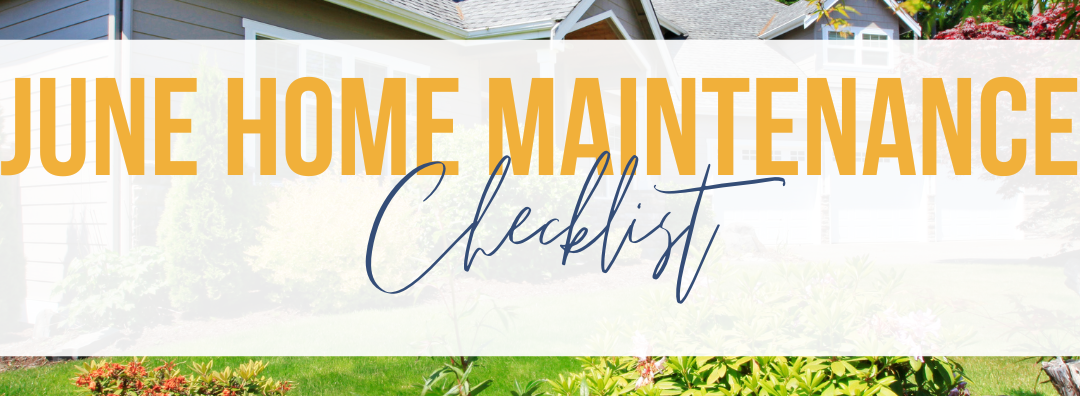1. Replace Refrigerator Air/Odor Filters
How: Locate the air filter compartment, typically located inside the fridge or on the front grill. Follow the manufacturer’s instructions for replacement.
Why: Fresh filters help maintain clean and odor-free air inside the refrigerator, ensuring optimal food storage conditions and preventing the refrigerator from overworking.
2. Replace Refrigerator Water Filters
How: Follow the refrigerator’s user manual to locate and replace the water filter. Typically, it involves turning off the water supply, removing the old filter, and inserting the new one.
Why: Regular replacement ensures clean and safe drinking water, as well as efficient water flow through the dispenser.
3. Clean Fridge Condensers
How: Turn off power, locate the condenser coils (usually on the back or underneath), and clean them with a brush or vacuum.
Why: Improves cooling efficiency by allowing the refrigerator to expel heat more effectively.
4. HVAC Treat Condensate Line
How: Use Vinegar to prevent clogs and the growth of mold or algae.
Why: Clear condensate lines maintain proper drainage, preventing water damage and maintaining the HVAC system’s efficiency.
5. Clean and Inspect Outdoor Furniture; Repair or Replace as Needed
How: Clean furniture with mild soap and water, inspect for damage, and repair or replace any worn-out parts.
Why: Extends the lifespan of outdoor furniture, enhancing the comfort and aesthetics of your outdoor space.
6. Leak Check
How: Inspect your home for any signs of leaks, both inside and outside.
Why: Early detection prevents water damage and helps maintain a dry and healthy living environment.
7. Leak Check
How: Inspect faucets, pipes, and appliances for any signs of leaks.
Why: Early detection of leaks prevents water damage and mold growth.
8. Check and Clean Dryer Vents
How: Disconnect the vent, clean lint buildup, and ensure proper ventilation.
Why: Reduces the risk of dryer fires, improves efficiency, and extends the life of the dryer.

